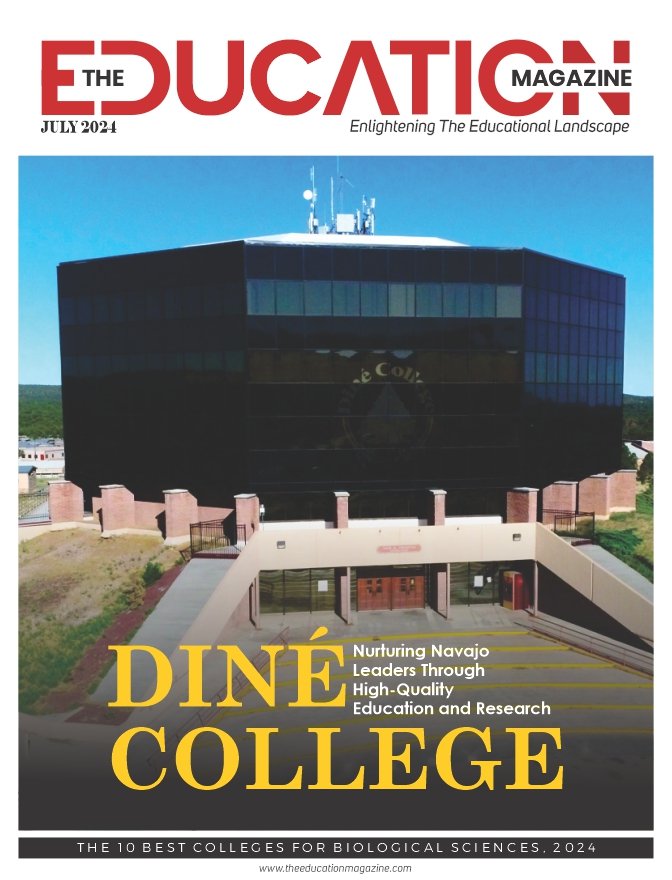Academic tenure is something many professors aspire to, but the path to becoming a tenured professor can be long and arduous, with no guarantee of attaining tenureship at the end of it.
What is tenure, and how does it benefit professors?
Tenure refers to the permanence of position. In academics, tenure is a significant accomplishment and something that professors have to work hard to achieve. It can take a decade or two to become a tenured professor. Nevertheless, many professors put themselves on the tenure track because it is good for their academic careers and can play an important role in their standing as a professor and their credibility and reputation. Hence, they are willing to go through the process of becoming an assistant professor, associate professor, and professor so that they can move towards becoming a tenured and permanent member of an academic department. Becoming a tenured professor can also open avenues to obtain funding for research, influence course selection and teaching methods, have a say in departmental dynamics, and work towards the betterment of a university’s curriculum and teaching standard.
Some of the key advantages of a tenured position are that it guarantees permanent employment, job security, and a steady paycheck. Tenured professors also have more academic freedom to teach and research.
Why is the path to tenure such a long one?
The path to becoming a tenured professor is lengthy, competitive and time-consuming. But if achieved, it can be a significant accomplishment for those pursuing a long-term academic career. First, one must find a tenure-track position that offers the possibility of tenure. Tenure track exists at most U.S., Canadian and European universities and requires potential candidates to have a doctoral or terminal degree.
How to pursue a tenured professorship
The tenure track starts with joining an educational institution as an assistant professor and progressing to associate and finally to full professor. The path of associate professor vs professor is a long one but with opportunities of a tenured professorship.
There are several steps on the tenure track. These include:
- Complete a doctor of education (EDD) degree – To be even considered for tenure, candidates need to have an advanced degree at the doctoral level. Educators seeking tenure track positions can benefit from an EDD degree as it is designed to give practical, real-world information about how higher education is practiced today. An EDD degree also proves an applicant’s commitment and dedication to teaching.
- Apply to a tenure-track assistant professor position – With the right degree and qualification, candidates can apply for a tenure-track assistant professor position. Universities offer a mix of tenure-track and non-tenure track positions, but if the goal is to become a tenured professor, it is important to secure a tenured spot as tenure-track assistant professors teach full-time and have the opportunity to mentor students and also serve on the advisory board of student organizations.
- Conduct and publish research in scholarly journals – Assistant professors are in an excellent position to conduct research and publish articles in scholarly journals. Most universities expect tenured-assistant professors to be active in research, which can play a part when a candidate’s tenure application is under review.
- Undergo a tenure review – Once you spend a few years as a tenure-track assistant professor, you can be in a position to have your first tenure review. During this process, the university board evaluates your research and teaching performance, examines the performance of your students, and evaluates your published research. If you pass this review, you can acquire a tenure-track associate professor position. An associate professor is a middle-tier position between a full professor and an assistant professor. When you move from assistant to associate, your contribution to the department is expected to increase, as are your administrative responsibilities and research and teaching work.
- After a few years, you can again undergo a review for full tenure. This usually occurs at the end of the associate professor tenure period. This review also involves the board evaluating your research and teaching material. However, this final review has more stringent requirements for your research, published articles, teaching methods, and performance. If you are successful, you will be offered a tenure position as a full professor.
Once tenure is granted, can you lose it?
Ideally speaking, once a professor is awarded full tenure, the role is expected to last until the end of their career. However, while tenure does provide some job security, there can be circumstances that could result in the tenure being rescinded. It is important to remember that tenure is based on the university’s needs. Hence they are the ones who set the rules. In case of changing budgets and/or administration, a tenured position can be rescinded. Similarly, professors are not bound to remain with a particular institution for the rest of their careers. They can also choose to resign and pursue a position elsewhere. Therefore, a tenure may have an element of permanence to it, but nothing is set in stone.
ALSO READ: 10 Activities to frame your Self-esteem and think positive about yourself










